Clean-Up in the cleaning supplies shelf - With 5 basics & simple DIYs to a naturally clean apartment

The cleaning supplies department in the supermarket is meters long – there are cleaners, agents and solutions for every conceivable household problem. But does it really need such a diverse and complicated range of cleaning products to keep your household fresh and hygienic? We show how easy cleaning can be with some home remedies that grandma once swore by and these cool DIY cleaners.
Conventional cleaning agents - aggressive and harmful to the environment
Cleaning agent manufacturers promise real miracles with their products, in advertising we are bombarded with wow effects, but what exactly makes these effects possible are unfortunately often aggressive chemicals. These can irritate the skin and their vapors can have an unpleasant effect on the respiratory tract. The synthetic ingredients can also have a harmful effect on nature if they are released into the environment via sewage . In addition, they are often manufactured in such a stable and durable manner that degradation by microorganisms is only possible to a limited extent.
And we are also worried about the amount of plastic packaging that is used for all the cleaning products .
So how about natural and even cheaper alternatives that are biodegradable and that we can refill our containers over and over again ?
5 basics and all-rounders in the cleaning cupboard
You should always have the following five cleaning all-rounders in the house from now on, they help with almost every household challenge! In addition, they are usually cheaper and more productive than complicated, styled cleaners from the cleaning agent industry. When shopping for these basics, make sure you buy them either unwrapped or in easily recyclable - or reusable - packaging .
- Vinegar or vinegar essence : The acid it contains is perfect for removing limescale and stubborn, hardened dirt. Perfect for descaling kettles, irons etc. and also perfect for cleaning the bathroom.
- Incidentally , citric acid is also a true limescale killer. However , just like vinegar , it can also be used in detergents as a softener.
- Soda (or baking soda) helps with all that greasy and greasy stuff, so it 's essential for a clean kitchen. However, soda is also suitable for removing incrustations or as a detergent.
- Baking soda is then your go-to for really stubborn dirt, like burnt-in from the oven or clogged drains. It even replaces special cleaners from the supermarket.
- Curd or soft soap complements your cleaning routine optimally and is essential for the production of many cleaning agents.
Incidentally , a look at the back of the packaging for these cleaning basics is always worthwhile. The manufacturers often reveal cool tips and tricks on what you can use the product for .
Recipe inspiration for your DIY cleaning supplies
Equipped with these five basics, we can now produce a wide variety of cleaners and cleaning products ourselves. For some recipes you also need one or the other home remedy that you often already have at home . Our tip: With essential (fragrance) oils of your choice you give your homemade cleaners your personal favorite touch. How about, for example, the scent of lavender or orange in your home?
You can simply fill your self-made cleaning agents into empty bottles and containers that are left over from conventional cleaning agents .
DIY drain cleaner
If the drain in the sink is clogged, simply pour 2 tablespoons of baking soda directly into the drain, followed by 1/2 cup of vinegar essence. After a little exposure time, simply rinse with water.
Homemade toilet cleaner
For this DIY cleaner you need : 2 tbsp cornstarch, 2 tbsp citric acid, 10ml environmentally friendly liquid soap ( here you will learn how to make liquid soap from our puremetics soaps ) , 500ml cold water and approx. 100ml boiled water.
This is how it works: Boil 100ml of water and let it cool down. In a saucepan, stir the cornstarch into 500ml cold water. Bring this mixture to the boil briefly while stirring, so that a lump-free , viscous, milky mass is formed.
Meanwhile, add citric acid to the boiled water and stir until the crystals have completely dissolved. Then add the liquid soap. Now mix this mixture with the water-starch mix , if necessary add fragrance oil and fill.
Homemade detergent
Put 300g soda and 300g baking soda in a sealable container, then grate 200g curd soap very finely with a grater and refine the mixture with a natural scented oil as you like . Close the jar and mix the ingredients well by shaking. You need about one heaped tablespoon per wash.
DIY Dishwashing Liquid
For a basic dish soap, use a funnel to pour 1 teaspoon of baking soda and 1 tablespoon of soda into a bottle of your choice. Now fill the bottle up to the top with water and add essential oil as you like ( citrus scents provide extra freshness in the kitchen). Cap the bottle and shake well.
Self -made hygiene spray
For quick disinfection of surfaces, simply apply this spray and leave it to work. To prepare, mix 50ml vinegar and 100ml water in a spray bottle. Vinegar has a disinfecting effect; if you want to increase the performance of the hygiene spray, add a few drops of tea tree oil, which is strong against fungi and bacteria. Alternatively, you can add lavender or lemon oil for a refreshing, clean scent.
If you would like to be informed directly about the latest blog posts, please follow us Instagram ! :-)

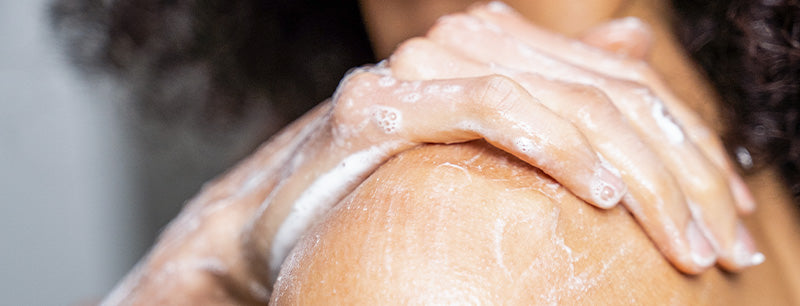
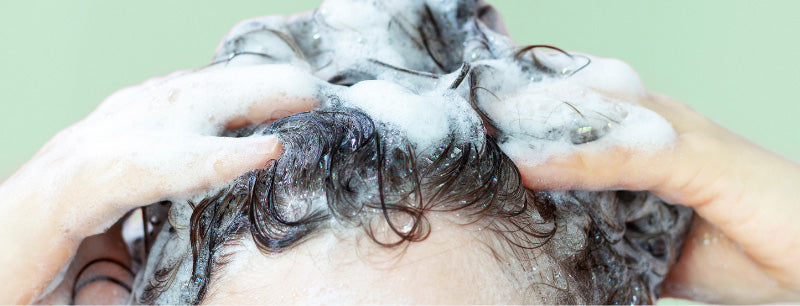
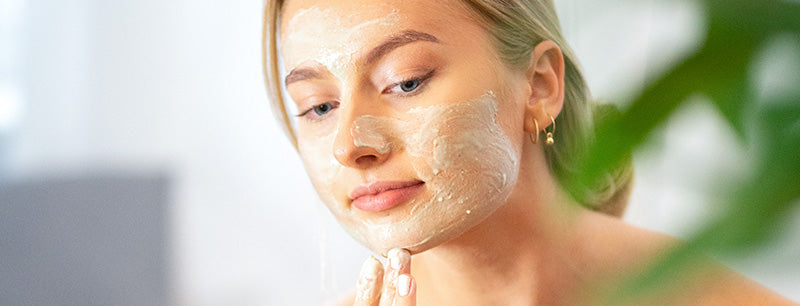
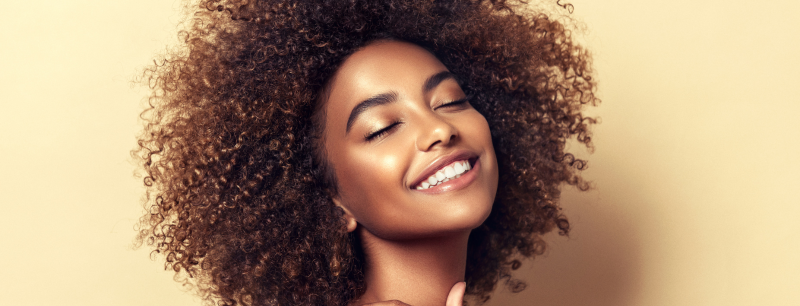



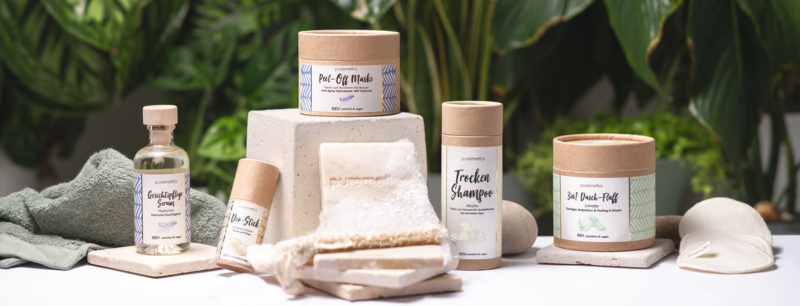





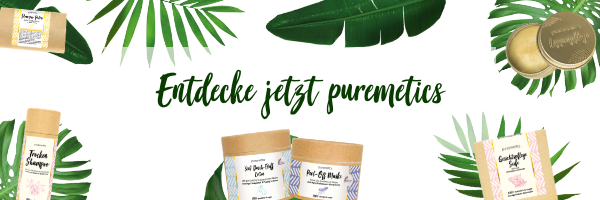



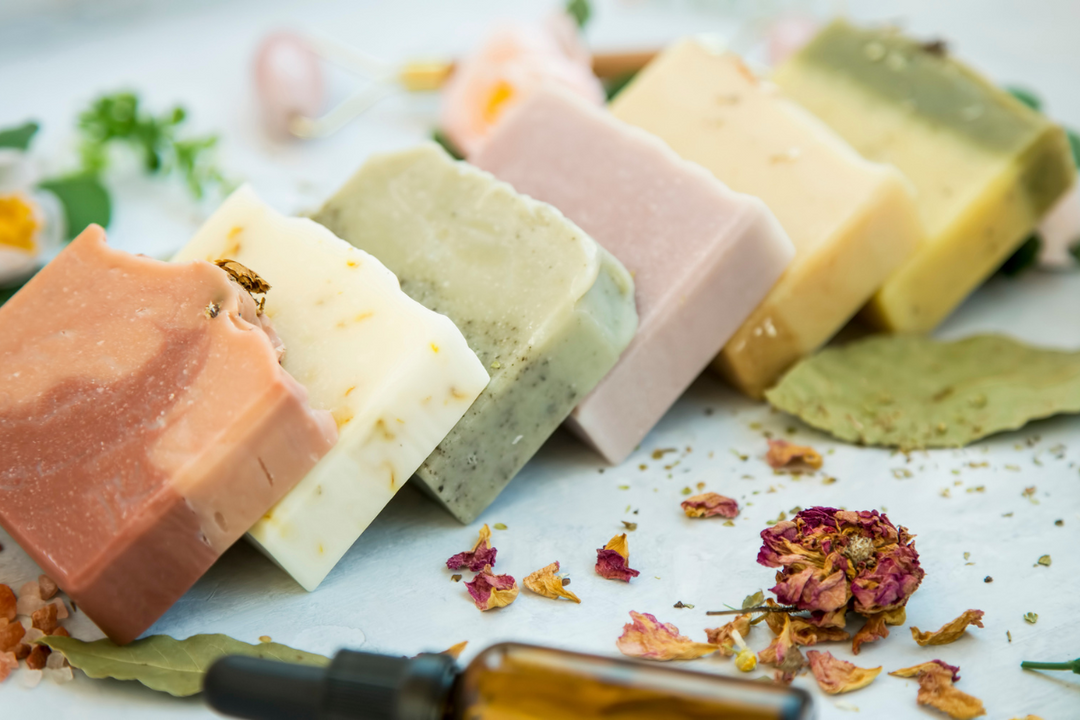
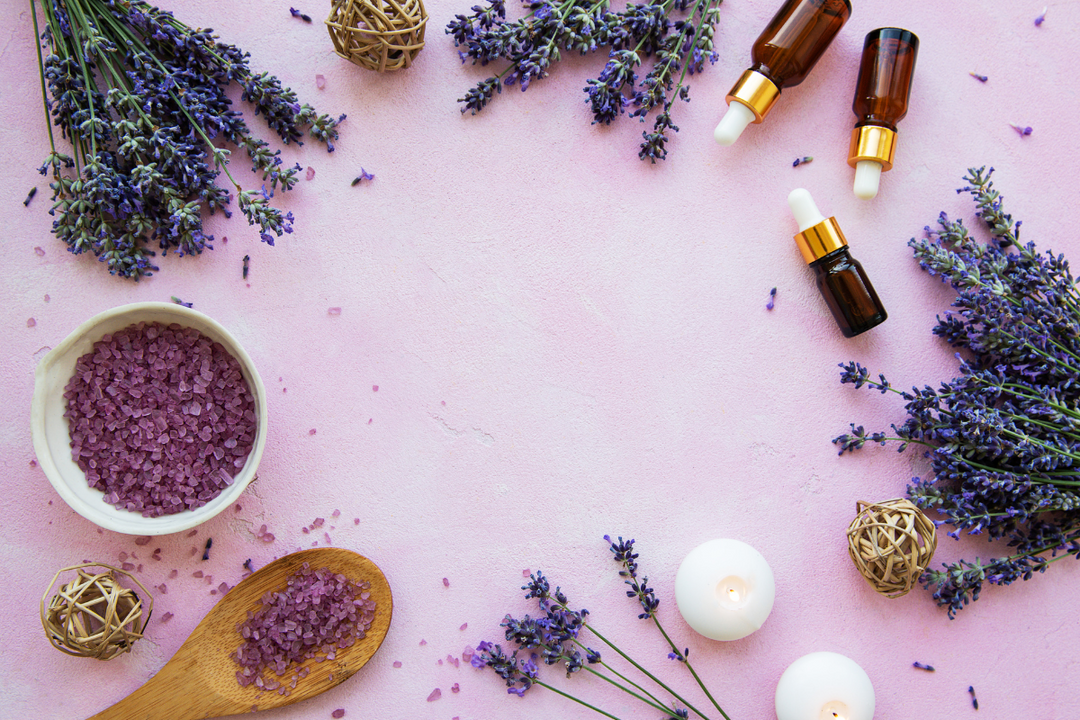
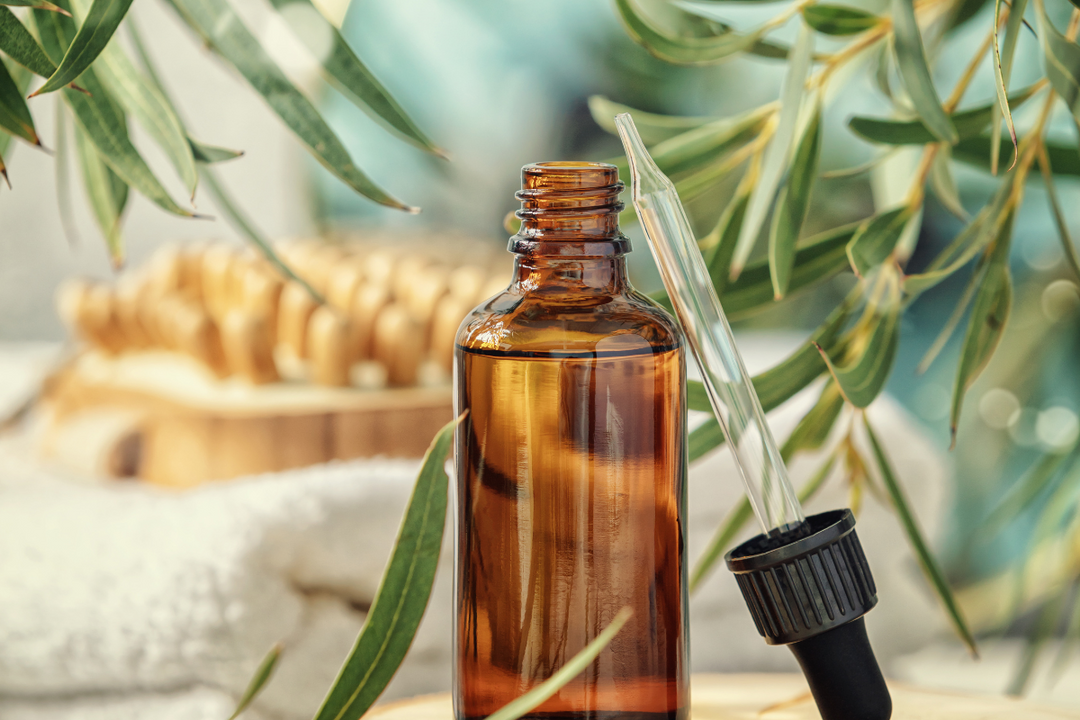
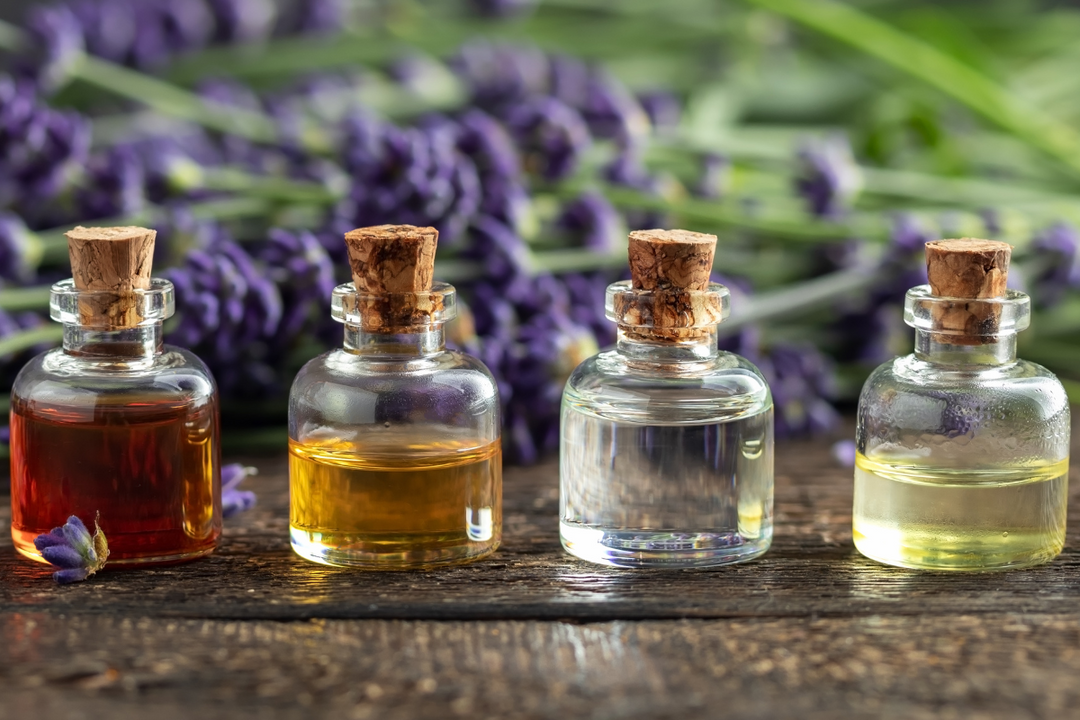
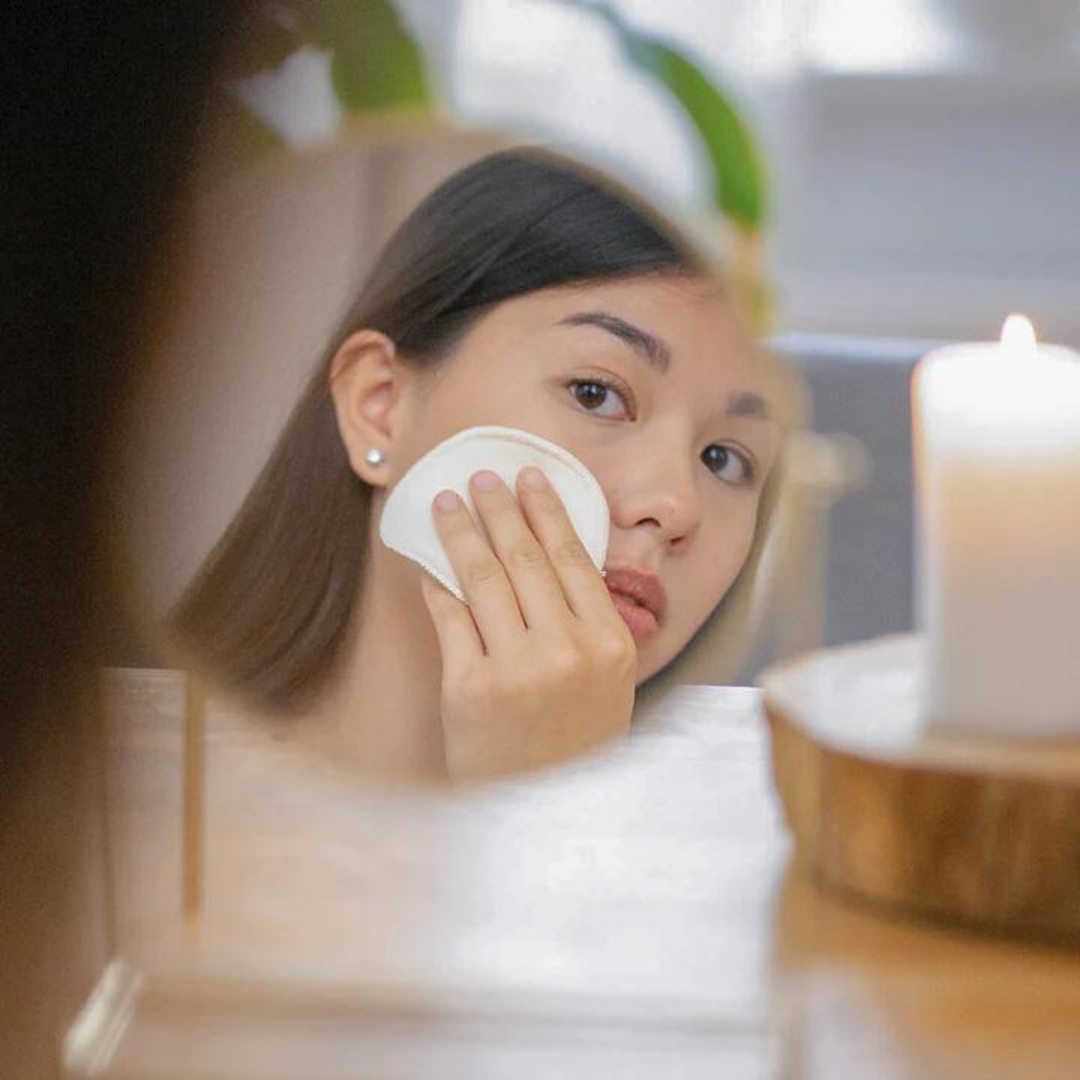
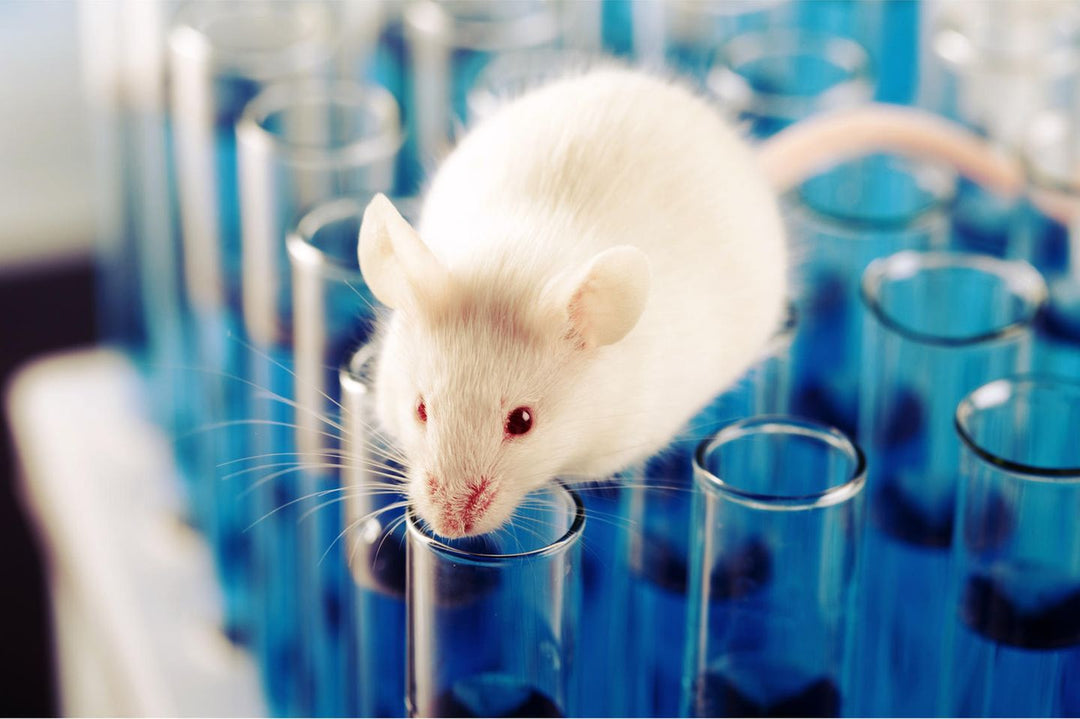
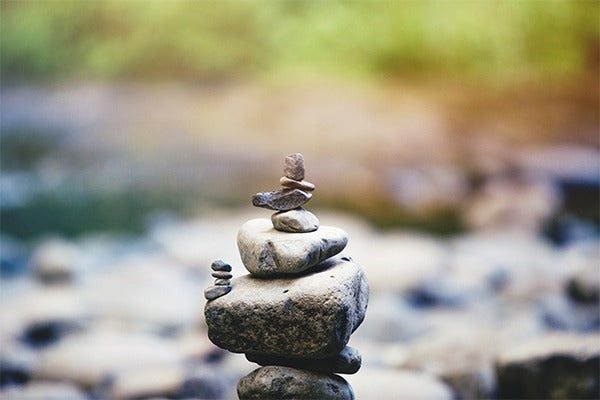
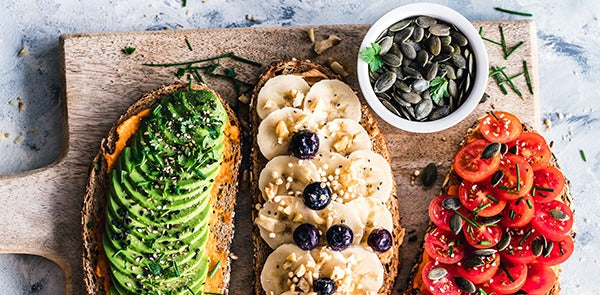
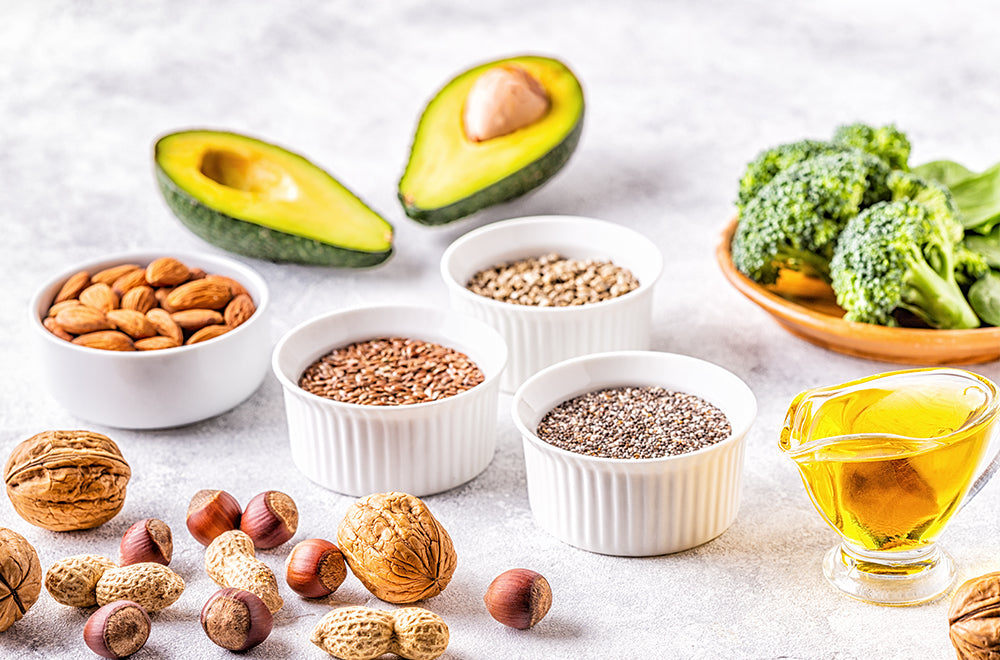

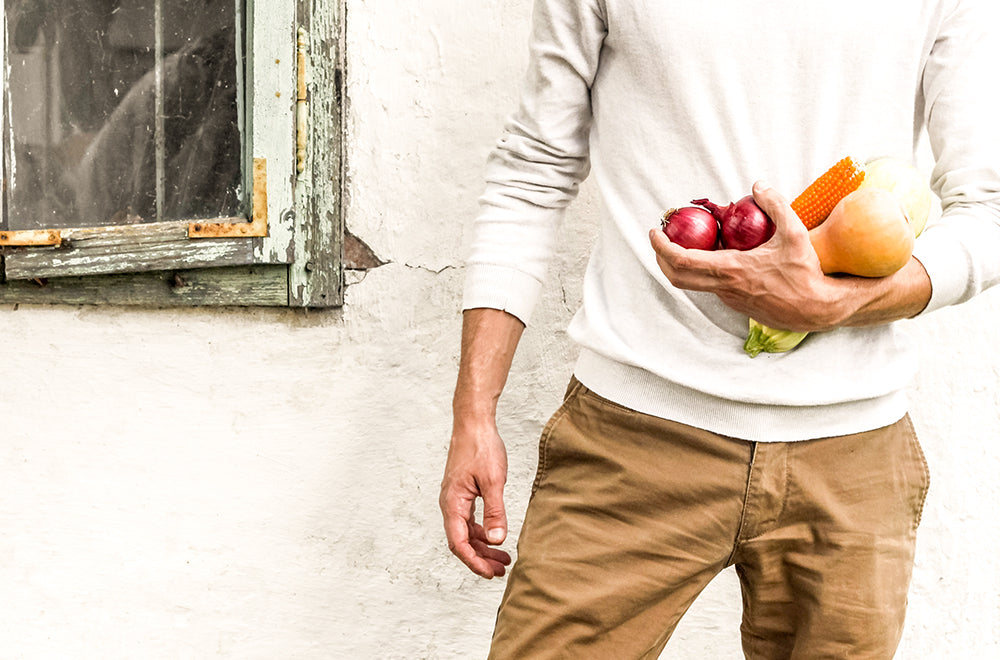
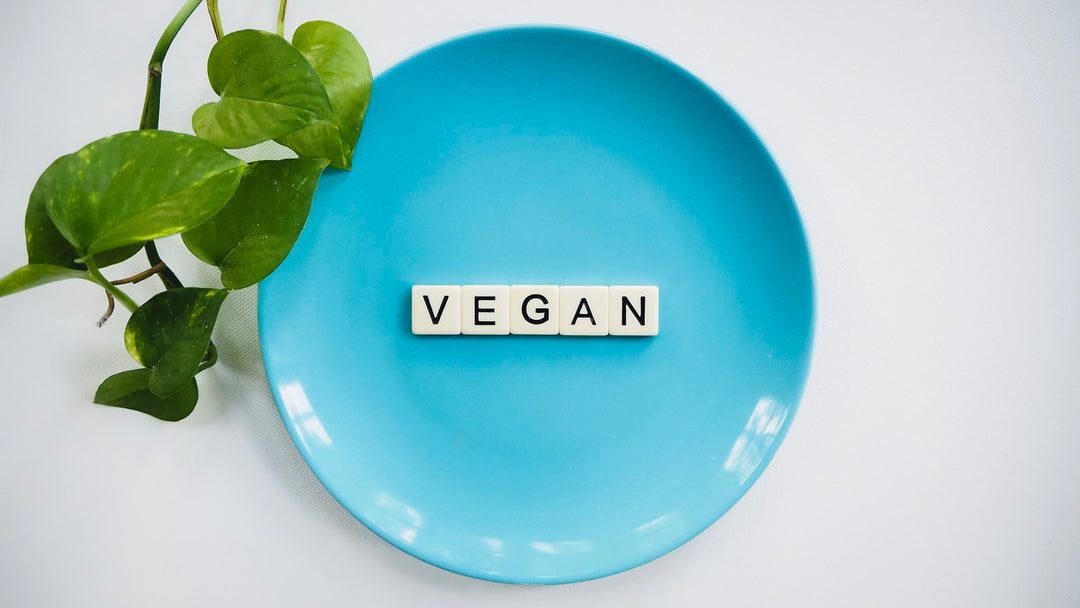
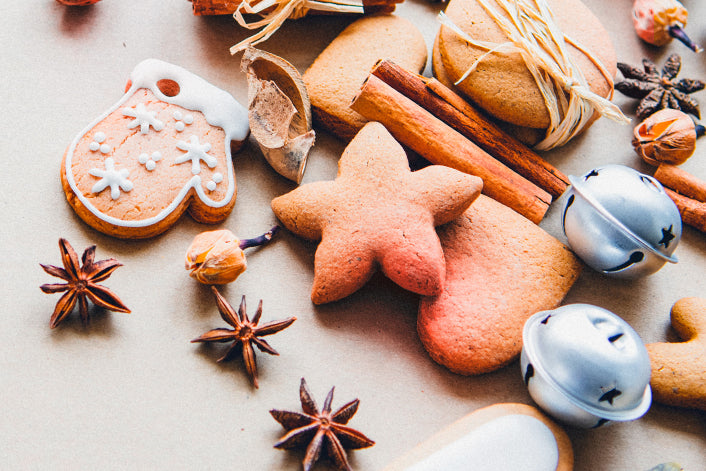
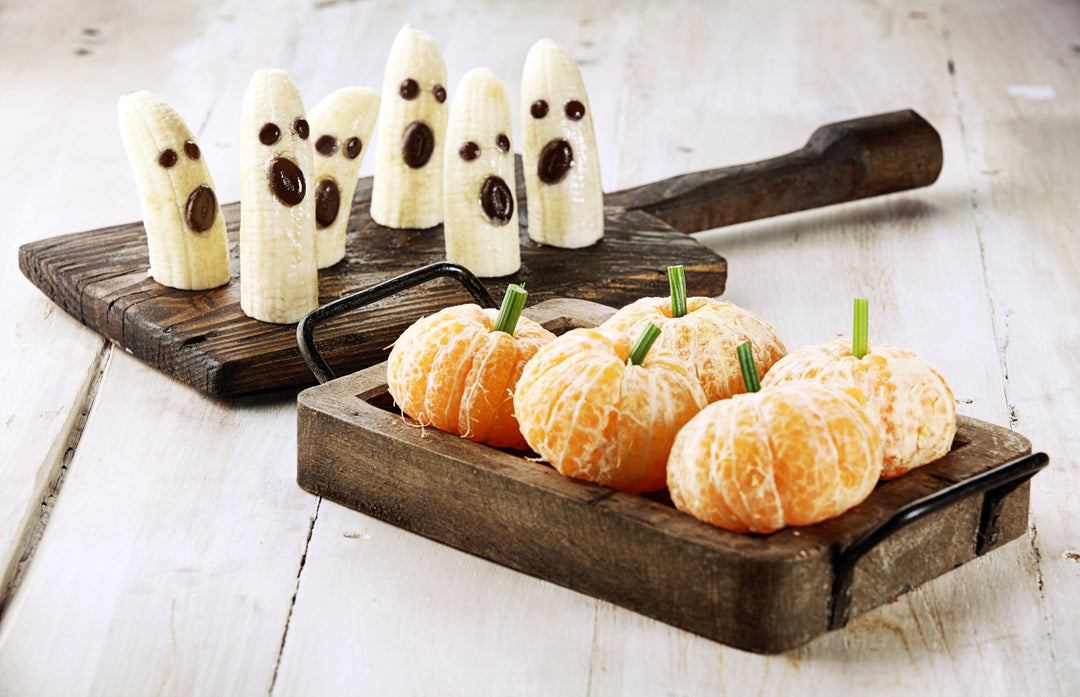
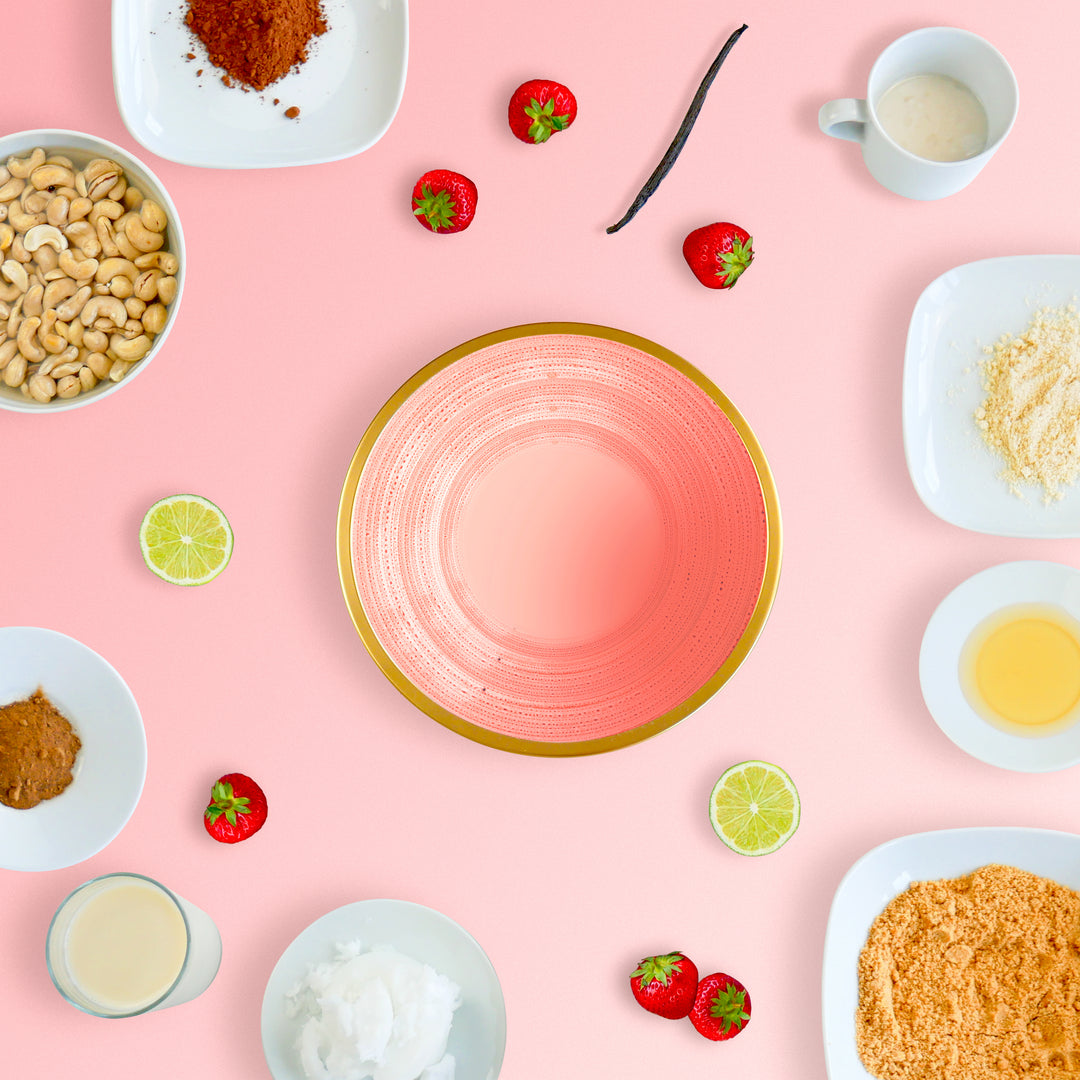


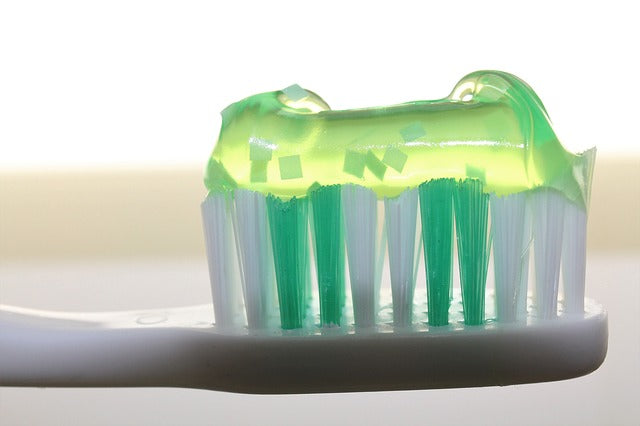
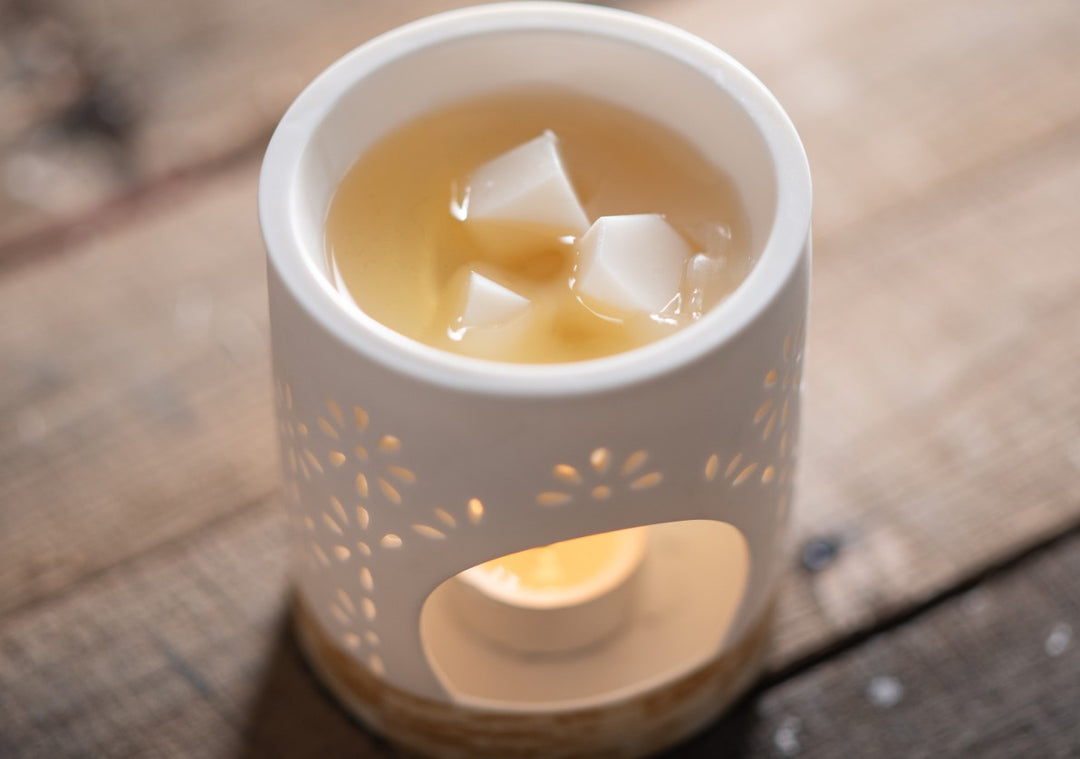
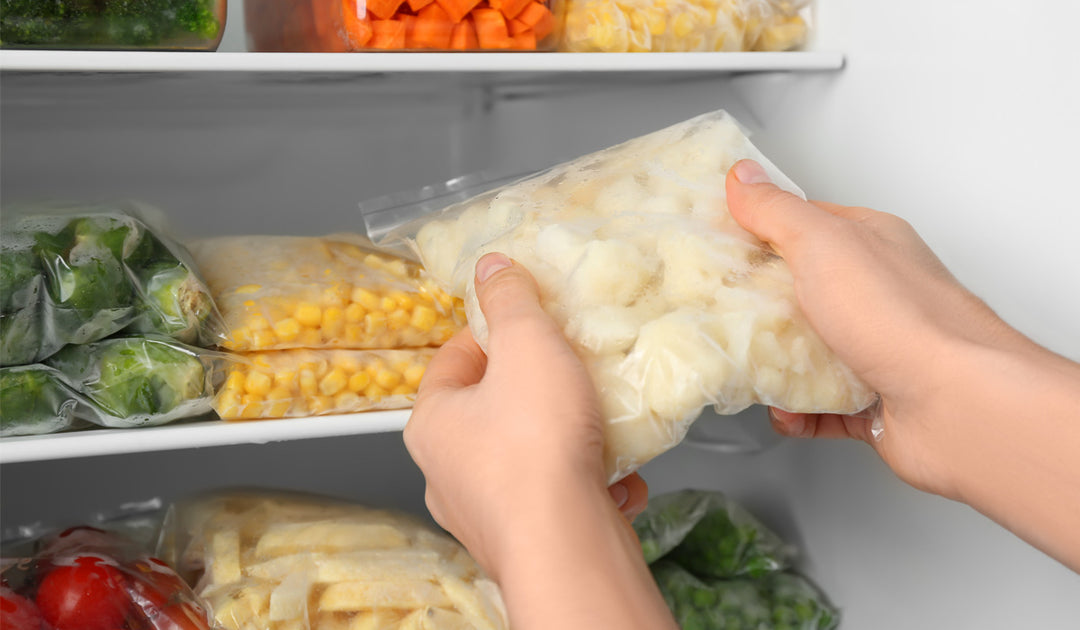
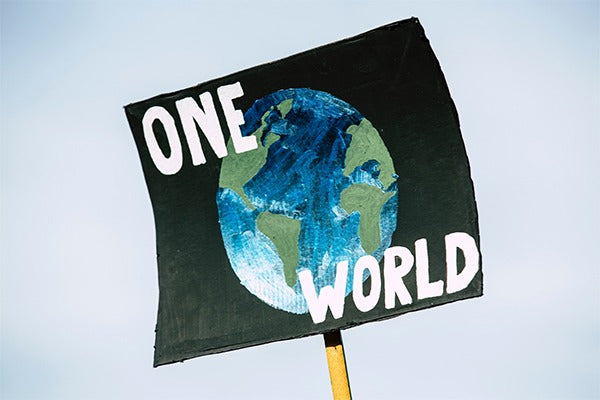

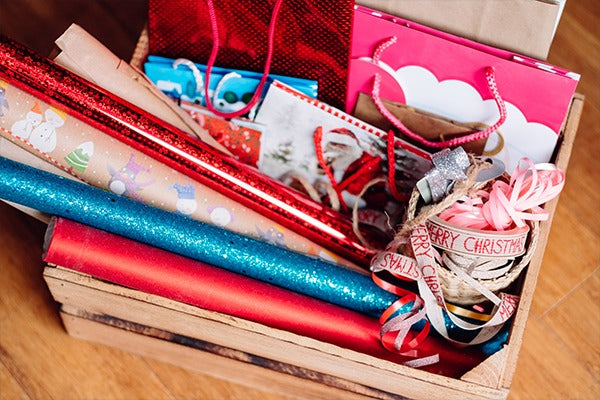
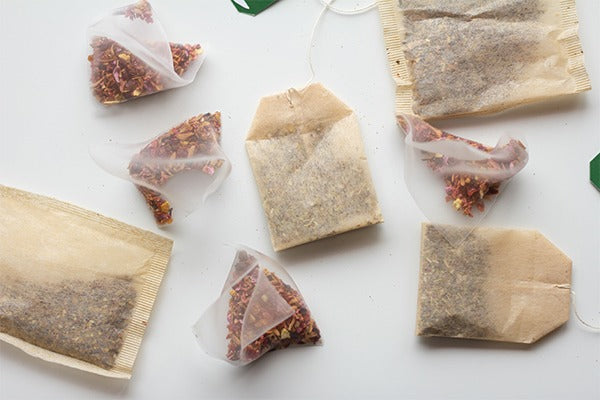
Leave a comment